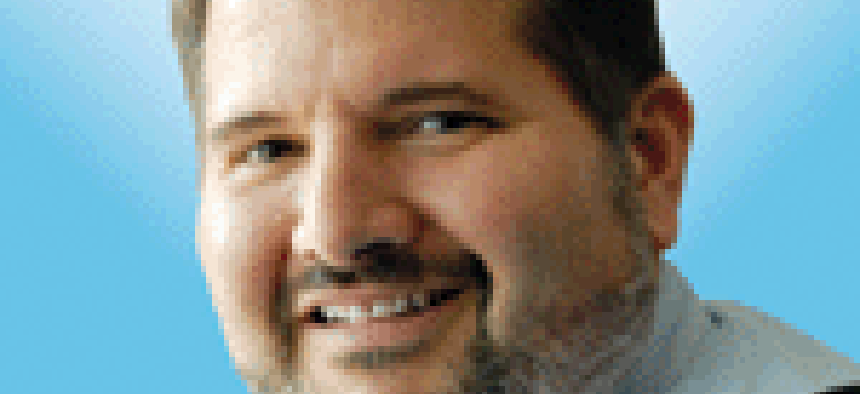Maximus results show some resiliency in face of pandemic's impact

Maximus' business has suffered outside the U.S. But the company also explains how it is adapting and where the growth is moving forward.
Maximus has built a strong business with an outcome-based model and especially outside the U.S., but the impact of the coronavirus has challenged that model in the U.K. and Australia as unemployment has skyrocketed.
For those contracts, the company is paid for the results. For example, when people find and retain jobs but that doesn’t work when businesses are shuttered and massive numbers of people are losing their jobs.
The result for Maximus is that it had to take a $24 million writedown regarding work outside the U.S. for the company's fiscal second quarter ended March 31. Revenue outside the United States also dropped 26 percent to $116 million for the quarter versus the same period last year.
A second challenge -- but also a source of pride for the company -- is that many doctors and nurses that work on its health care services contracts in the U.K. have volunteered to support the National Health Service in that country.
Maximus will get reimbursed for costs but will realize no revenue or profits.
With its outcomes-based contracts showing a loss, the company said it is renegotiating with the U.K. to restructure the contracts. This will adjust the financial model as well as adapt to changing needs.
CEO Bruce Caswell told investors more opportunities are ahead because there will be growing demand for the kind of human and social services support the company provides.
The outlook is brighter for the U.S. market. The health and human services segment reported 6-percent organic revenue growth to $308.7 million over the same quarter last year.
For the federal service segment, organic growth was 6.7 percent for the quarter. There also was the boost in revenue from the acquisition of General Dynamics’ call center business last year. Counting the acquisition, revenue was up 36 percent to $393.4 million.
The Census Bureau contract that Maximus picked up when it acquired the GD business is gaining momentum. Maximus recorded $140 million in Census revenue during the second quarter and $210 million for the first six months of the year.
The contract has expanded as well. Fiscal 2020 revenue from the contract is expected to be between $430 million and $450 million. The earlier estimate was $360 million. Of course, 2021 revenue will be less than $50 million.
Caswell and company chief financial officer Rick Nadeau said that there is a higher than normal level of uncertainty in the market due to the coronavirus. Nonetheless, the company reinstated financial guidance for its 2020 fiscal year. In March, the company suspended its guidance.
The new guidance expects revenue for the year to be between $3.15 billion and $3.25 billion.
As have other companies, Maximus has made significant changes to how it operates given the restrictions of the quarantine. Its workforce is primarily working from home. To get there, it had to purchase equipment and increase cybersecurity. Earlier investments in secure remote network platforms and cloud-based telephony helped the company quickly adapt to the work from home model, Caswell said.
Maxmius has also increased efforts to take care of employees as they deal with the stress of the pandemic, such as offering more mental health resources and on-demand fitness programs.
The pandemic is forcing Maximus to build a new model for conducting business that will likely continue into the future, Caswell said.
Come delays in contract awards are delayed but Maximus also has seen a significant increase in COVID-19 related work.
“Some opportunities are being pushed out and some are developing overnight,” Caswell said.
Some examples of COVID-19 related work include the Centers for Disease Control and Prevention, where Maximus increased the number of agents from 50 to 250, including 40 nurses. They are now answering 16,000 calls and 2,000 emails a day.
Maxmius also has stood up a COVID-19 test result notification center for the Health and Human Services Department. The center has grown from an initial 260 agents to 2,000 agents contacting 10,000 people a day to deliver test results.
The company also has seen a pick up on the state and local level.
“A lot of this is short term work but we are establishing relationships with new clients,” Caswell said.
NEXT STORY: VA sees some progress toward T4NG on-ramp awards


